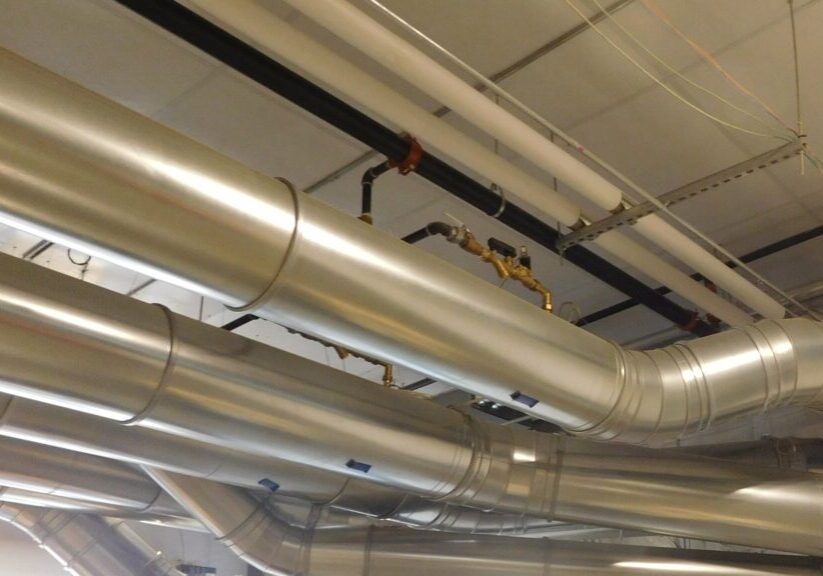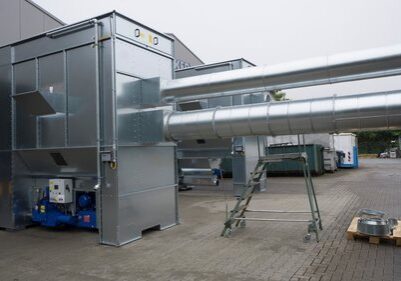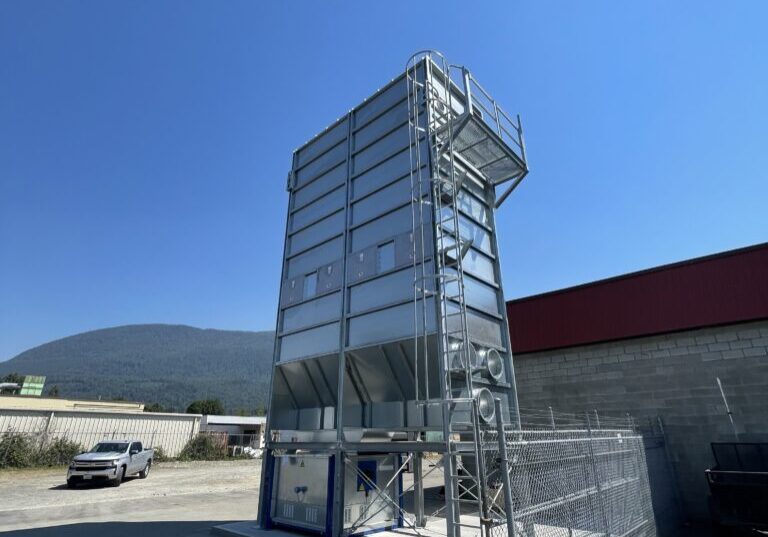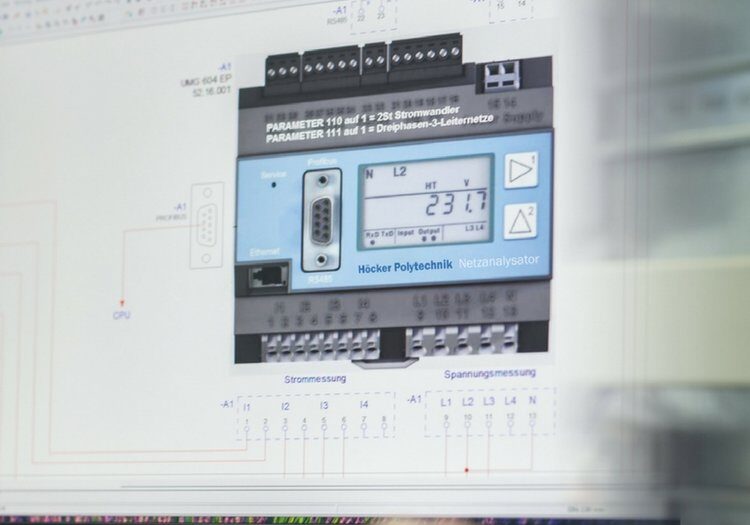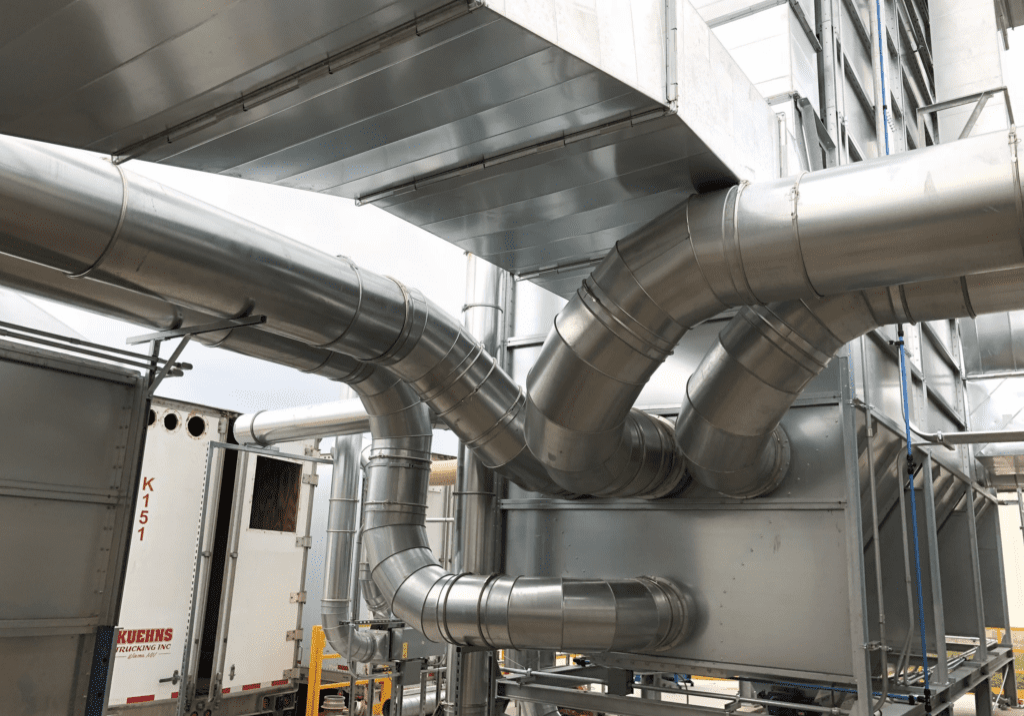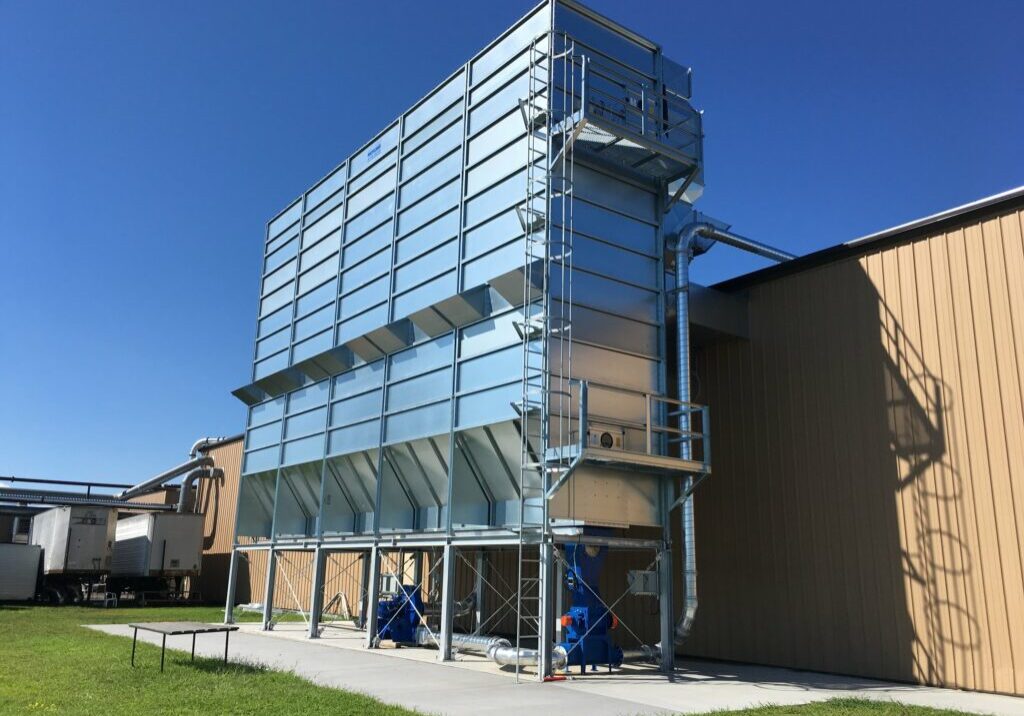Spark detection systems play a crucial role in preventing fires and explosions in woodworking facilities, especially where large amounts of combustible dust are generated.
When Spark Detection is Necessary
- High-Risk Operations
Any process involving cutting, sanding, or grinding generates significant dust, making spark detection essential. In these high-risk areas, spark detectors prevent fires by identifying sparks before they reach dust collection systems. - Ductwork and Dust Collection Systems
Ductwork leading to dust collectors is a common area for sparks to travel, which makes installing spark detectors within the ductwork a critical safety measure. These systems detect sparks and automatically activate suppression systems before a fire or explosion can occur. - NFPA 664 Requirements
NFPA 664 mandates spark detection for facilities handling combustible dust, particularly in areas where material flow rates are high. If your woodworking facility processes large volumes of wood dust or operates high-speed machinery, spark detection is a must to comply with these regulations.
 Pro Tip: Use dual-sensor spark detection systems with both UV and infrared capabilities for maximum accuracy in high-dust environments. Integrating these with high-speed suppression systems and automated airflow dampers ensures sparks are neutralized before they reach dust collection points. Add a diagnostic feature to monitor sensor health and response times for continuous system optimization.
Pro Tip: Use dual-sensor spark detection systems with both UV and infrared capabilities for maximum accuracy in high-dust environments. Integrating these with high-speed suppression systems and automated airflow dampers ensures sparks are neutralized before they reach dust collection points. Add a diagnostic feature to monitor sensor health and response times for continuous system optimization.

![JB1_20171218_00084_preview[1] JB1_20171218_00084_preview[1]](https://hockeramerica.com/wp-content/uploads/bb-plugin/cache/JB1_20171218_00084_preview1-1024x576-landscape-058e06ffcab491e0754d8eabda55517c-.jpeg)
